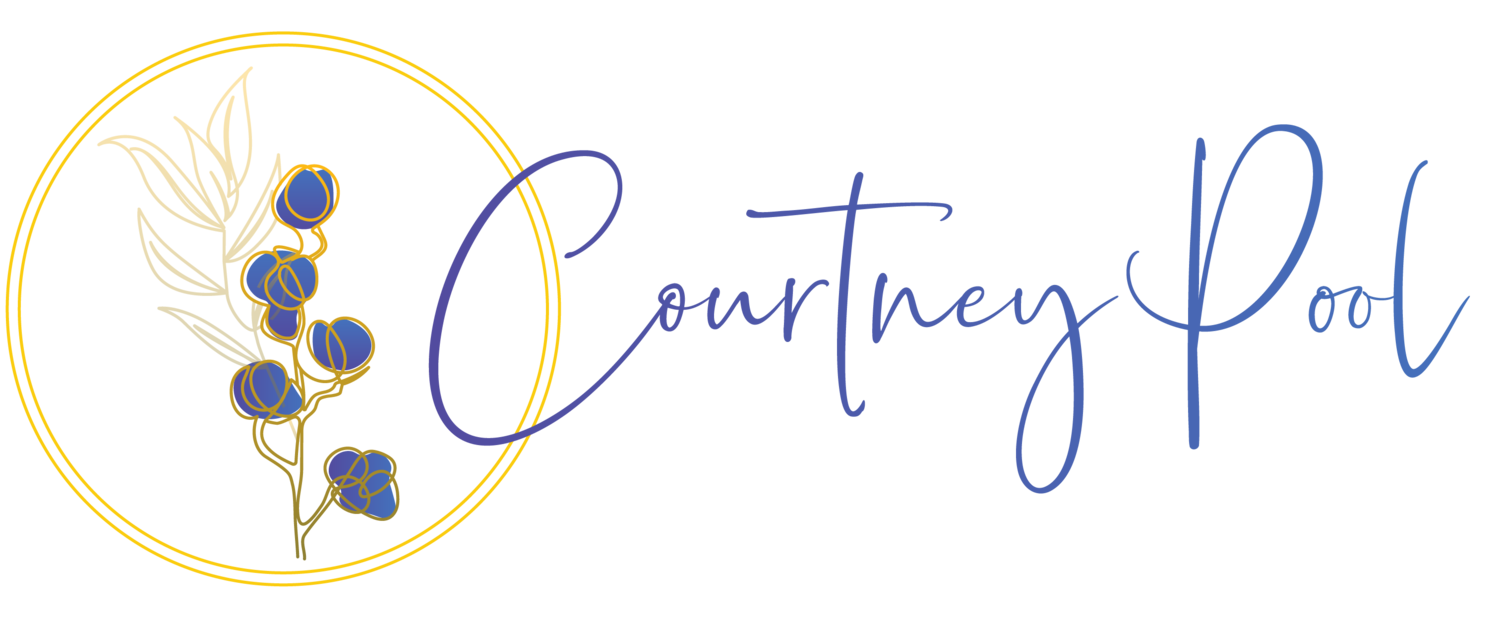My August 2016 Juice Cleanse, And Does It Get Easier?
Hi friends!
I’ve finished a 5-day Juice Cleanse about a week ago, and I told my newsletter subscribers that I’d write about it, so here I am taking to my blog. Some of you are clients of mine right now and were so kind tell me good luck and ask me how I was doing on my cleanse. It was odd to have the roles reversed!
One of my clients asked me whether juice cleansing is easier or not now for me personally, and also on a general basis whether people find it easier the more that they do. The answer is not quite as straightforward as one might think.
Physically, the healthier you eat and drink, the easier cleansing is because your body does not have to experience detox symptoms that come with having to come off of sugar, caffeine, alcohol, refined flour, etc. And, over time you get used to the physical sensations of a juice cleanse and those aren’t so foreign anymore, and you work out what juice recipes you like and are more comfortable making juice. So logistically and physically, it often does get easier.
Emotionally though–that’s a whole other story! I have had juice cleanses of 5 days that were significantly harder for me than my 60-something day one that I had done prior to a 5-day one. The truth is, whether a cleanse is difficult emotionally is related to whether a person is suppressing their emotions or not.
If you do a juice cleanse correctly, on the basis of your nutritional needs, your body is taken care of. It won’t be unhealthy for you to do it, you won’t develop any deficiencies, you’ll have enough calories, and if anything, your body will be in a much safer and healthier place than it was when you were eating before. Even detox symptoms are a normal part of your body’s readjusting, housecleaning and detoxing from addictive food and drink-based substances. So, if doing a juice cleanse is difficult, it’s likely due to emotional resistance.
For most of us, caffeine, sugar, alcohol, and food in general is one of our major ways of suppressing, controlling, and avoiding emotions. As many of you know, I had severe issues with food addiction in my life and it was, and sometimes still is, though with significantly less severity, my favorite way to control my feelings. When we remove those addictions for a time while doing a cleanse, we will feel those compulsions/”cravings” even more strongly, and if we are not engaging them due to our decision to be on a cleanse, the emotions underneath our addictive use of food and drinks often arise. Most of my clients say they feel far more emotional when they get on a juice cleanse–anxious, frustrated, bored, lonely, etc.–than they consider themselves to normally be. And they’re not actually more emotional, it’s just the truth of their real emotions are coming up more fully due to not suppressing them so much.
“What eyes are for the outer world, fasts are for the inner.”
What can make a juice cleanse feel difficult is not the fact that these emotions exist within us or that they arise on a cleanse. What makes a juice cleanse hard is our resistance to feeling and sitting with those emotions. It’s when we’re battling against the softness of emotional surrender and instead forcing and pushing ourselves with willpower to get through the cravings that it starts to feel like every hour of a cleanse is a struggle. Typically the intensity builds to a head–a breaking point or fork in the road of sorts–where a person will eventually choose to give into the compulsion and frenziedly get the food or drink “fix”, or, they allow the breaking point to turn into an emotional release. When we do allow our uncomfortable and painful emotions that we’re avoiding with our use of compulsive behavior with food or drinks, those painful emotions still feel better than emotional resistance. The pain of letting the floodgates open is in the end, much better than the pain of trying to hold the dam up, and when we do let it all go, most people find the desperate, panicked, I-need-it-now feelings of wanting to eat or drink coffee etc on a cleanse diminish significantly.
So for me, though I’ve been doing juice cleanses here and there for 11 years, there has not been a nice predicable upward graph of increasing ease over time. It has always depended on my own willingness to allow my feelings or resist them, my own desire to hold up the dam versus being ready to let it crumble. When I’ve been in resistance, cleanses have felt like an hour-by-hour, minute-by-minute obsessive struggle to get myself to not go eat something from the pantry. When I’ve been more emotionally open, it feels like nearly no challenge at all to stick to just the juice.
I’d just recommend having the main intention behind doing a juice cleanse to be to challenge addictions with food and addictive drinks and also to allow yourself to feel whatever comes up in that place!
Courtney



